It seems like barely a week goes by without warnings in the press and on social media that AI is going to steal jobs and leave millions redundant across a range of industries. So far, however, the education sector has been left largely out of this discussion, as most commentators and analysts can clearly see the value that (human) teachers bring to the table. But with AI spreading into more and more fields, what impact could it have on the education sector?
AI in education
It should be remembered that, despite numerous warnings from Hollywood, AI can also be used as a force for good, and even the most hardened cynic must acknowledge that we are still some way off technology taking jobs in a wholesale manner. Education Secretary, Gillian Keegan acknowledged this point in a recent discussion with the Education World Forum and argued that, in fact, AI could take much of the ‘heavy lifting’ out of teaching in the future.
Ms Keegan spoke about the “transformative change” that AI could bring to education in her opening address to the forum of education experts and global leaders saying that, “AI could have the power to transform a teacher’s day-to-day work. For example, it can take much of the heavy lifting out of compiling lesson plans and marking. This would enable teachers to do the one thing that AI cannot and that’s teach, up close and personal, at the front of the classroom.”
Comparing artificial intelligence to technological innovations of the past, such as calculators and Google, Ms Keegan also said that people must learn about it and apply it in the same way to maximise positive student outcomes and that it could be used to “radically reduce the amount of time teachers spend marking”, or “as an assistive technology to improve access to education”.
Technology in schools
However, the Association of School and College Leaders (ASCL) warned that, before this can happen, the government needs to improve its ’piecemeal and lacklustre’ approach to technology in schools’. ASCL general secretary Geoff Barton, also commented, saying “artificial intelligence and other digital technologies may well have the potential to help in the classroom in the future but […] more importantly, ministers must address the immediate problem of the severe teacher recruitment and retention crisis that schools and colleges are experiencing, and which is caused by real-term pay cuts and workload pressures driven by the government’s underfunding of the education system.”
If AI is to spread into the classroom and be used to assist teachers with their workload, there will need to be a rapid upskilling of the workforce in order to deal with what will be a fairly significant shift. However, supply teachers could actually be set to benefit; while they won’t have the full-time exposure to these technologies in the same way that permanent teaching staff will, they can use their free time to get to grips with emerging AI models, like ChatGPT, and could potentially be in a better position to deal with and adapt to these changes than others who have less time to develop new skills. Equally, it is worth finding out, when applying for roles at schools you haven’t worked with before, if they utilise AI in any way – whether that’s purely for marking or in any other role – so you can attempt to get up to speed and align yourself with the operating model that they use.
The risks of AI
However, as well as preparing for the potential benefits of utilising AI in the classroom, supply specialists must also consider the shortcomings that must be addressed to prevent students’ learning from potentially being affected, for example, the development of learning gaps. Current forms of AI, and in all likelihood those that will be available in the coming years, will only provide students with the answer — not the process by which that answer was found. It then becomes the teacher’s responsibility to bridge the gap between the information given by the AI and what the student needs to know about how the answer was given.
In addition, whilst plagiarism has always been an issue of concern for teachers, it’s potentially never been more significant than it is now. Students now have software at their fingertips that can write entire essays and other projects with only minimal input and teachers will have to be more vigilant for the signs that a piece of work has been lifted wholesale from the likes of ChatGPT in the future. This is a particular challenge for supply staff who may not be familiar with different students’ writing styles so it’s definitely worth familiarising yourself with the tell-tale signs that a piece of writing or other work has been produced by AI. If you’re at all unsure about whether work has been plagiarised then it’s worth consulting with permanent staff members to make a decision.
While AI has the potential to shift the roles of teachers and to remove some of the less enjoyable and more arduous teaching tasks, it’s also not risk-free, and could create other issues for supply staff to be aware of when taking on a role. If you’d like to speak to us about how AI might impact supply specialists, or if you’re simply seeking your next role, then don’t hesitate to get in touch.
Read more of our blogs
Or search for your next specialist supply role




